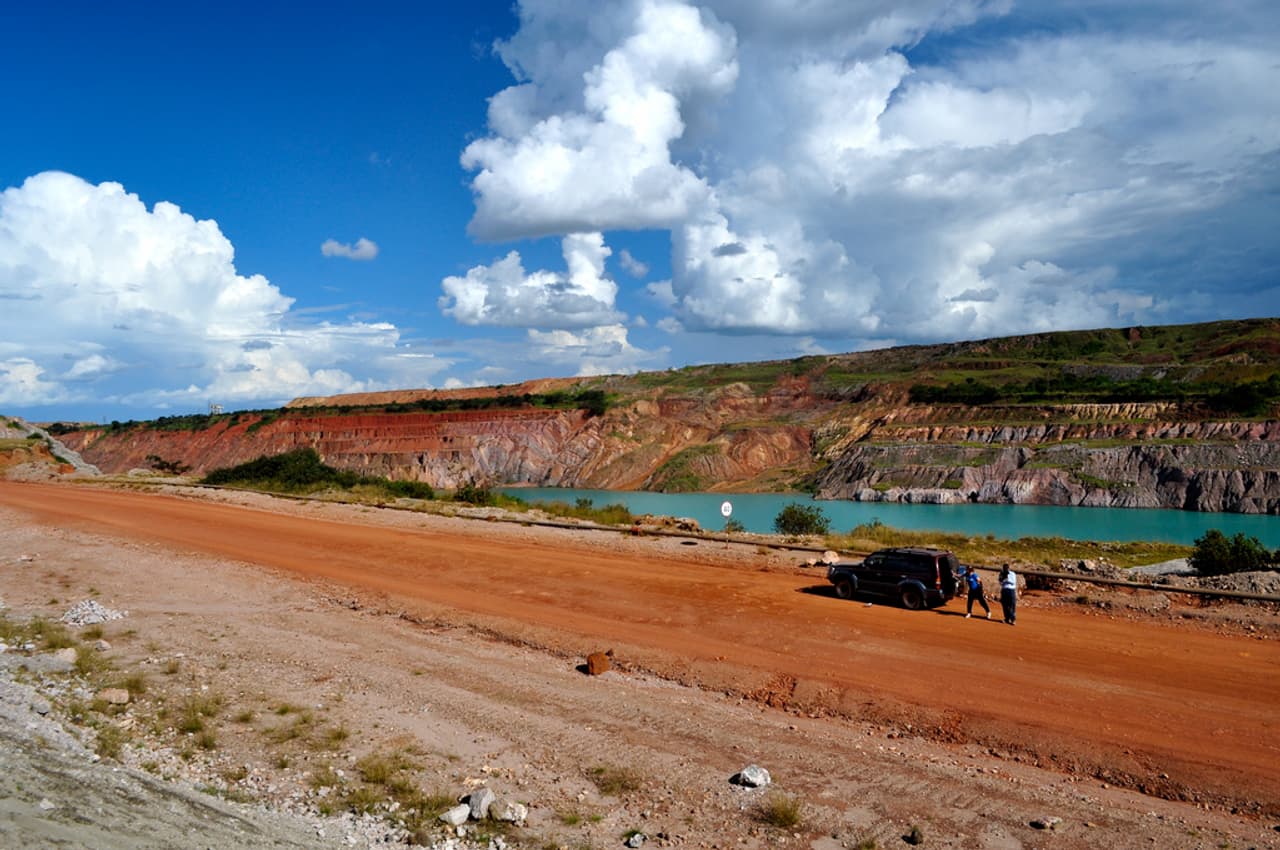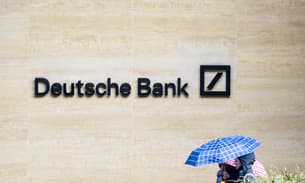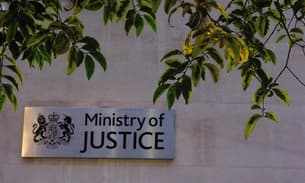
Court rejects $100m ‘vulture fund’ claim against Congo’s state miner
Gécamines’ site in Kolwezi. Image by FairPhone via Flickr Creative Commons.
Yesterday the Privy Council ruled a US ‘vulture fund’ would not be able to claim debts of more than $100m (£64m), owed to it by the Democratic Republic of Congo (DRC), from the nation’s state-owned mining company, Gécamines.
FG Hemisphere, run by US businessman Peter Grossman, bought the DRC’s 30-year-old debt for $3.3m and has spent years pursuing the DRC’s government through courts internationally for repayment. The latest case was lodged in Jersey, whose highest court of appeal is the Privy Council in London.
– Nick Dearden, Jubilee Debt Campaign
Vulture funds buy distressed, hard-to-reclaim debt for rock-bottom prices and take on the business of pursuing the repayments. Such tactics have been criticised for inflating the debts of desperately poor countries. In 2010 the UK passed a law limiting the amount that vulture funds could claim through UK courts – but the law does not extend to Jersey, where FG Hemisphere initially lodged its claim against Gécamines.
Gécamines is part of a Jersey-registered joint venture, GTL, which runs the Big Hill slag heap project in Lubumbashi, DRC. FG Hemisphere claimed that as Gécamines is state-owned and the government has extensive control over its operations, the company should be liable for the country’s debt.
The Privy Council found that despite the close relationship between Gécamines and the government, it remains a separate entity and its assets should not be made available to meet the state’s debts. The council also ruled that there was no reason to ‘lift the corporate veil’ of secrecy that surrounds Gécamines, since in this case the grievance was against the state rather than the company.
Related story: Demands for transparency over DRC mining deals

In June, FG Hemisphere failed in its attempts to claim the debt in the Hong Kong courts, when judges ruled that foreign states are immune from prosecution in Hong Kong’s courts.
Nick Dearden of the Jubilee Debt Campaign said in a statement: ‘We welcome the fact that these funds will not flow into the coffers of a secretive vulture fund which tries to unfairly profit from the past debt distress of impoverished countries… But greater questions remain about this case. Why is DRC’s mining wealth being fought over in faraway Jersey?’
Opaque offshore activities
Gécamines, its offshore joint ventures, and opaque mining deals have been the focus of increasing attention in recent months. Transparency campaigning group Global Witness and MP Eric Joyce have each published reports highlighting concerns over a series of deals where significant assets or stakes in assets appear to have been sold by Gécamines to opaque offshore companies for well below their market value.
Deals have gone through offshore jurisdictions including Jersey, Gibraltar, the BVI and Hong Kong, making it almost impossible to discover their ownership. Registering companies in such locations also offers a way for companies to reduce their tax, by moving profits offshore.
Eric Joyce estimates that such deals amount to a $5.5bn loss to the Congolese people. Global Witness highlights the fact that almost nothing is known about the ownership structure of the offshore companies buying the assets, posing a significant corruption risk.
There is no suggestion of corruption in the case of GTL and Gécamines.
Joyce told the Bureau: ‘The issue for the DRC isn’t the $100m of debt FG Hemisphere is pursuing from the DRC. That sounds like a lot of money – but compared to the billions that are being lost each year to graft it’s a drop in the ocean. It’s the corruption that’s keeping the country on its knees, not the vulture funds.’
In June the Bureau reported that the IMF has suspended payments of a $551m loan to the DRC. One of the conditions for the loan was that the government should publish details of its mining deals and generally improve transparency in the sector. But Gécamines refused to comply with the transparency rules, claiming that as a separate entity it had commercial confidentiality responsibilities to its clients.




